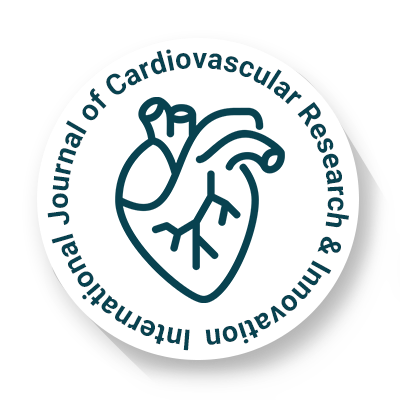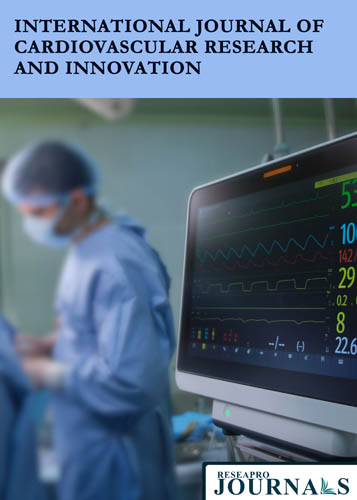
International Journal of Cardiovascular Research & Innovation
OPEN ACCESS

OPEN ACCESS

1Biology, Epidemiology, and Public Health, McCullough Foundation, Dallas, Texas, USA
2Immunology and Public Health Research, Independent Research, Ontario, Canada
3Immunology and Diagnostic Imaging, Independent Research, Edmonton, Alberta, Canada
4Pediatric Cardiology, For Hearts and Souls, Ovilla, Texas, USA
5Epidemiology and Public Health, McCullough Foundation, Dallas, Texas, USA
6Internal Medicine, Cardiology, Epidemiology, and Public Health, McCullough Foundation, Dallas, Texas, USA
Myocarditis, typically manifesting as myopericarditis, is among the serious cardiac consequences observed over the course of the COVID-19 pandemic. We performed a comprehensive, evidence-based literature synthesis of findings from clinical trial data reanalyses, post-marketing surveillance, large observational studies, and other diverse research sources that help shed light on the phenomenon of myocarditis post SARS-CoV-2 infection versus COVID-19 vaccine-induced myocarditis. Our conclusions refute several claims previously made by public health agencies and professional associations, namely the following: (1) the Severe Acute Respiratory Syndrome Coronavirus 2 (SARS-CoV-2) and Omicron infections have caused more cases of myocarditis than the COVID-19 mRNA immunizations; (2) mRNA vaccine-induced myocarditis is typically mild, transient, and rare, with no long-term sequelae; and (3) the risk-benefit calculus favors continued use of these products despite evidence of more iatrogenic cases. We address each of these misconceptions by applying a combination of epidemiological, clinical, and immunological perspectives. We urge governments to remove the COVID-19 mRNA products from the market due to the well-documented risk of myocardial damage, a risk that is strongest for younger males (<40 years old).
Received 19 February 2025; Revised 12 March 2025; Accepted 20 March 2025
1Biology, Epidemiology, and Public Health, McCullough Foundation, Dallas, Texas, USA
2Immunology and Public Health Research, Independent Research, Ontario, Canada
3Immunology and Diagnostic Imaging, Independent Research, Edmonton, Alberta, Canada
4Pediatric Cardiology, For Hearts and Souls, Ovilla, Texas, USA
5Epidemiology and Public Health, McCullough Foundation, Dallas, Texas, USA
6Internal Medicine, Cardiology, Epidemiology, and Public Health, McCullough Foundation, Dallas, Texas, USA